Lorem ipsum dolor sit amet, consectetur adipiscing elit, sed do eiusmod tempor incididunt ut labore et dolore magna aliqua. Quis viverra nibh cras...


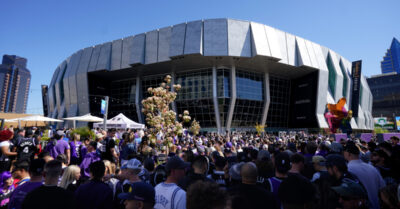
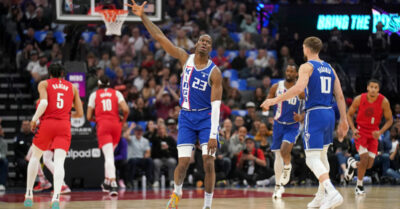
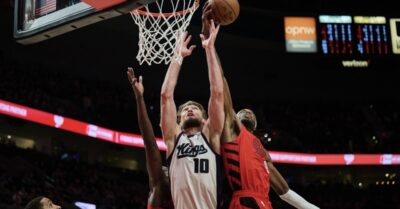
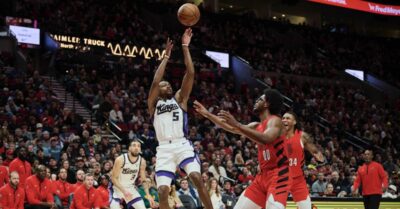
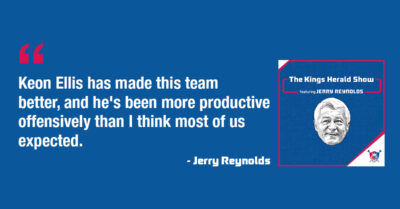
Lorem ipsum dolor sit amet, consectetur adipiscing elit, sed do eiusmod tempor incididunt ut labore et dolore magna aliqua. Quis viverra nibh cras...
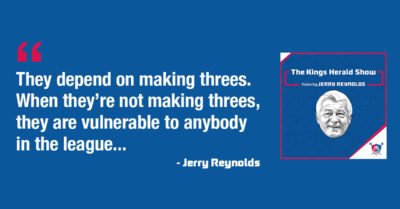
Lorem ipsum dolor sit amet, consectetur adipiscing elit, sed do eiusmod tempor incididunt ut labore et dolore magna aliqua. Quis viverra nibh cras...

Lorem ipsum dolor sit amet, consectetur adipiscing elit, sed do eiusmod tempor incididunt ut labore et dolore magna aliqua. Quis viverra nibh cras...
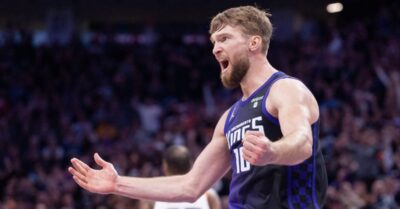
Sacramento had everything in front of them. They finished behind once again.
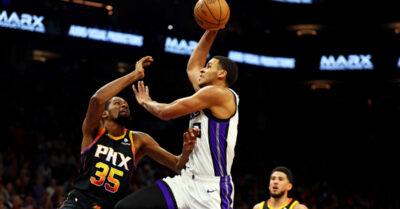
Go Kings!
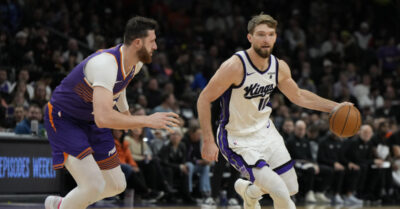
The Kings playoff hopes likely hinge on tonight's matchup against the Phoenix Suns.
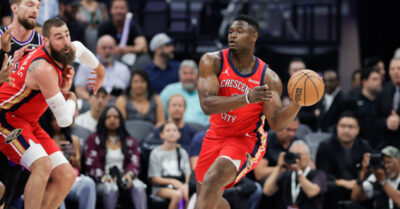
The Kings went down big, came back, went down big again, and then tried to come back again.
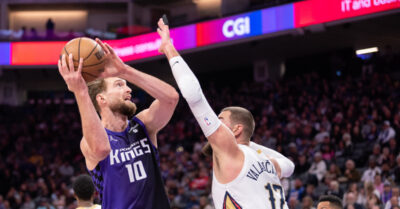
Go Kings!
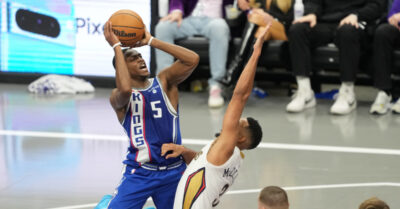
At this point in the season, every game is a must win.
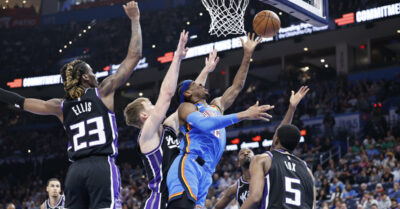
The Thunder topped the Kings despite by games from Fox and Ellis.
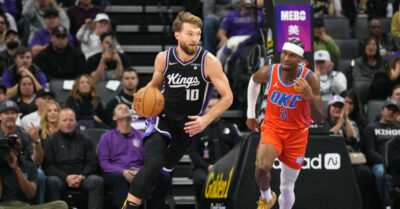
Go Kings!
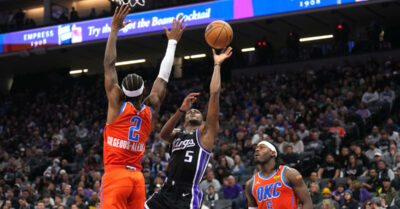
The Kings head to Oklahoma City for their final road game of the 2023-24 season.

The latest news and notes for the Kings.

The Kings held the Nets to their lowest point total of the season and kept pace amongst the logjam in the Western Conference's play-in race.

Go Kings!

The Kings look to get their first win on this trip.

The Kings didn't deserve a win, but nearly got one anyway.

Go Kings!

The Kings are in Boston for the second night of a back to back after a tough loss in New York yesterday.

Live by the three, die by the three.

Go Kings!

Rounding up a couple stories from the day.

The Kings start their final road trip with a visit to the Big Apple to take on the ultra physical Knicks.